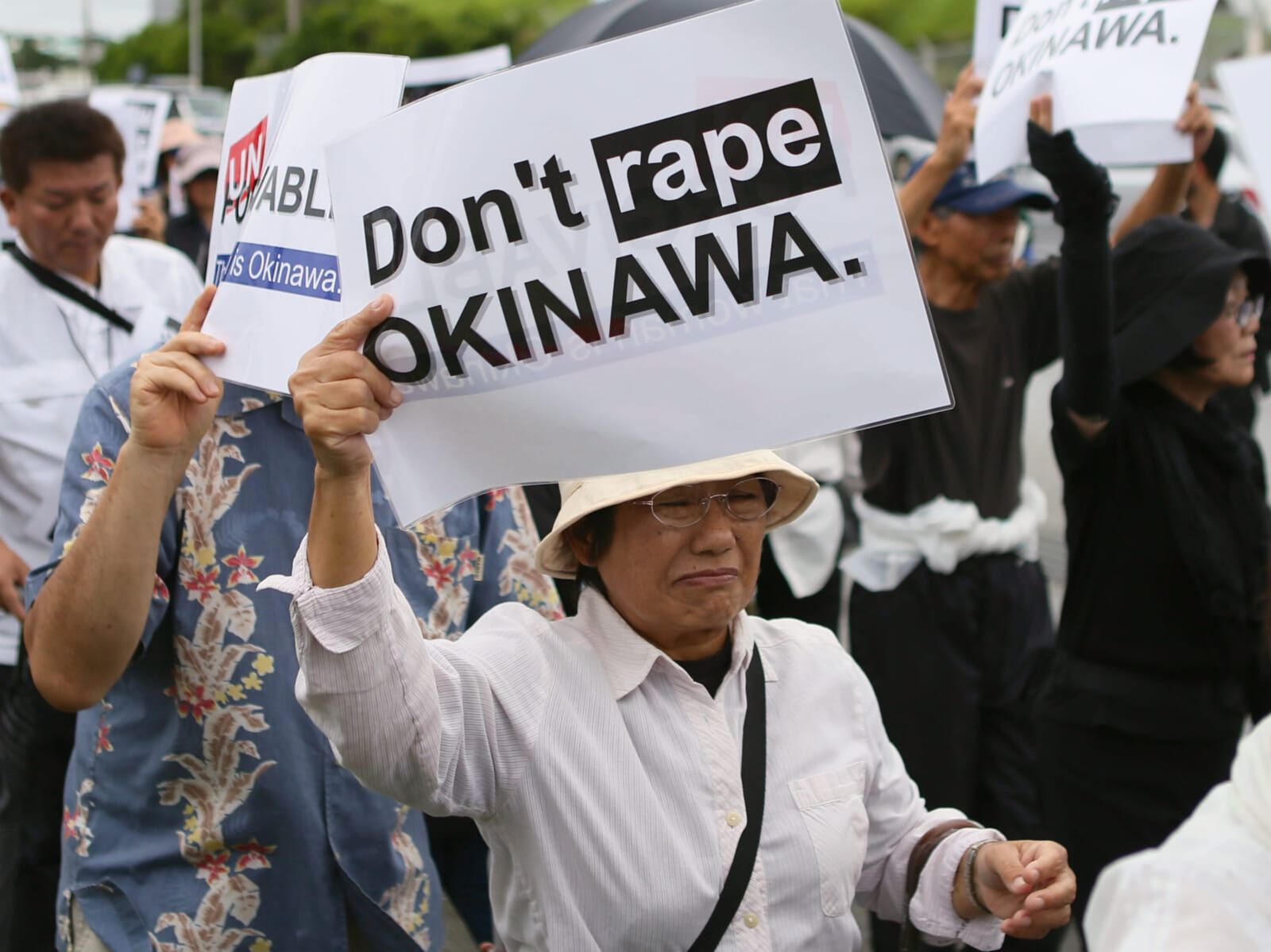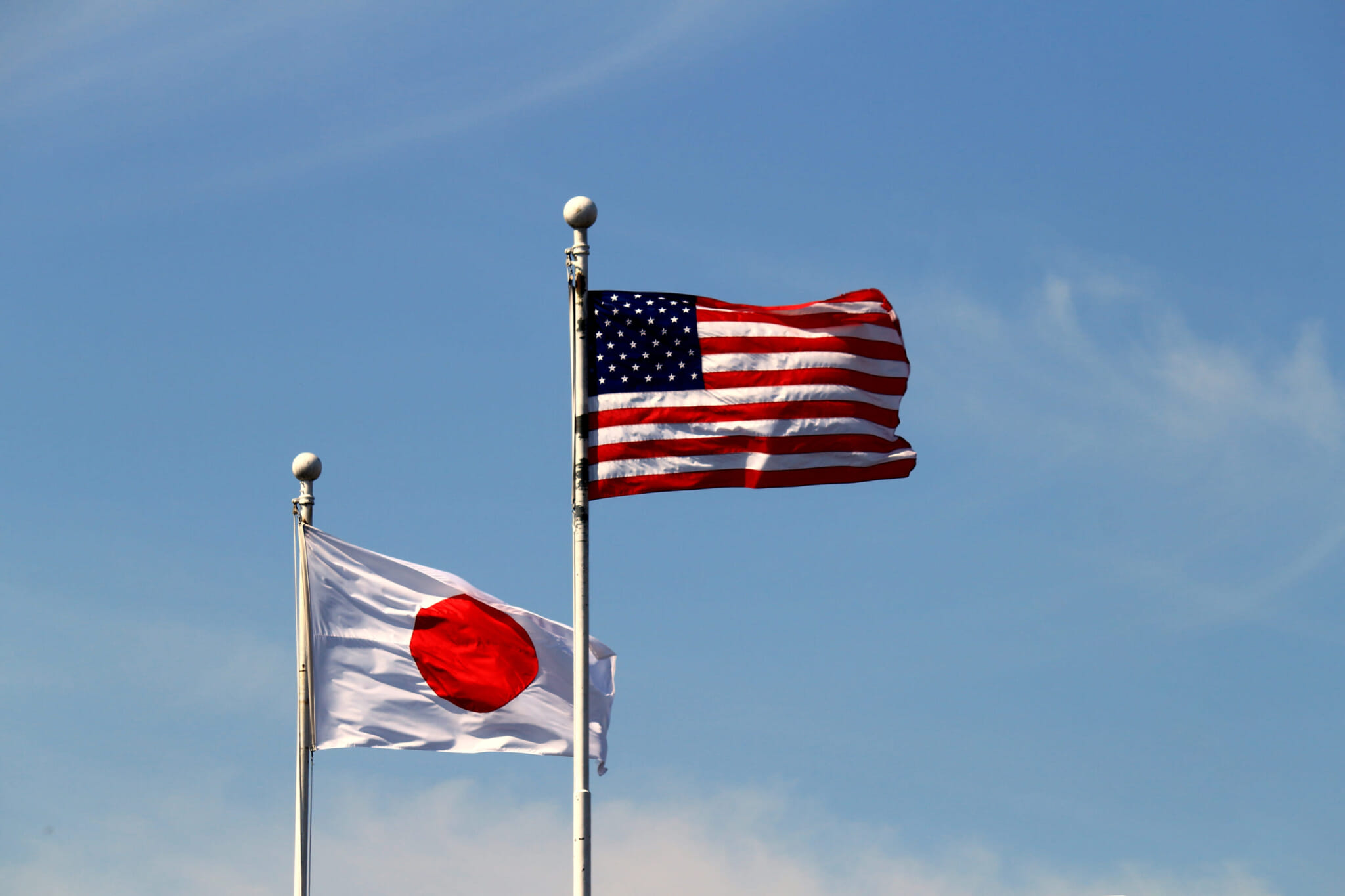Two new sexual assault cases involving US soldiers have ignited outrage in Okinawa. These incidents have exposed a disturbing pattern of violence and deepened mistrust between the local community and the American military stationed on the island.
Case 1 Details
On June 28, it was revealed that Jamel Clayton, a 21-year-old US Marine, was arrested in May for trying to sexually assault a woman in Okinawa. Clayton was indicted on June 17 for causing injury during the attempted rape.
According to the police, on May 26, Clayton assaulted the woman in a building on Okinawa’s main island by wrapping his arms around her neck and attempting to remove her pants. She resisted, and he injured her in the process. Clayton fled the scene but was arrested the same day outside the base after police received a report.
Case 2 Details
Another case came to light on June 25. A US Air Force senior airman was indicted in March for kidnapping and raping a girl under 16, below Japan’s age of consent. According to NHK, he lured the girl into his car at a park in Okinawa in December, knowing she was underage, and drove her to his home where the assault occurred. The Okinawa Prefectural Police sent the case to prosecutors on March 11, and the Naha District Public Prosecutors Office indicted the soldier on March 27 for abduction for sexual purposes and non-consensual intercourse.
Despite the indictment, the Ministry of Foreign Affairs did not inform Okinawa Prefecture of the incident until June 25. Governor Denny Tamaki criticized the holdup, stating that it brought a “significant level of distrust.” The delay is particularly concerning given the fact that the prefectural assembly elections took place on June 16. Disclosure may have impacted the results.

A History of Violence
Okinawa has a long history of sexual assault cases involving US soldiers. In 1995, the gang rape of a Japanese elementary school girl by three US soldiers led to massive protests, with a rally of 85,000 people. The event became a significant flash point, highlighting the tensions between the US military and the local population.
In 2013, two US Navy sailors were jailed for the rape of an Okinawan woman, prompting curfews for US troops all over Japan.
The next large-scale protests happened in 2017 when a US army base worker was convicted for the rape and murder of a 20-year-old local woman.
Harumi Miyagi, a member of the Okinawa Women Act Against Military Violence Society in Naha city, told the Tokyo Shimbun that over 1,000 cases have been confirmed since 1945, with many more likely unreported. She criticized the government’s efforts, questioning its sincerity and effectiveness in demanding discipline from the US military, pointing out that systemic issues continue to allow such crimes to occur.
Questioning Government Accountability
The delay in disclosing these incidents raises questions about the government’s priorities and accountability. The prefectural assembly elections, held on June 16, focused heavily on the relocation of the US Marine Corps Futenma Air Station to Henoko in Nago city. The late disclosure of the sexual assault case involving a US soldier may have had a significant influence on the outcome of the election, which saw Tamaki lose his majority support.
The Ministry of Foreign Affairs Okinawa Office has denied any intent to influence the election, claiming the timing was coincidental, but Hiromori Maedomari, a professor at Okinawa International University, asserts that earlier disclosure would have caused a significant backlash. “There is no doubt that had this incident been disclosed earlier, it would have had a substantial impact on the election,” Maedomari told the Tokyo Shimbun.
Maedomari’s comments reflect a growing feeling in Okinawa that the central government is more concerned about maintaining diplomatic relations with the United States than addressing the safety and well-being of local residents.
Calls for Greater Transparency and Accountability
On June 27, Brig. Gen. Nicholas Evans, commander of the 18th Wing of the US Air Force in Okinawa, visited the prefectural office to explain the handling of the case. While he stated the intention to cooperate with the trial, he did not offer an apology, further fueling public outrage.
The delayed disclosure of these incidents has not only sparked anger but has also highlighted ongoing tensions between the US military and the local Okinawan community. The historical context of repeated offenses and the perceived lack of adequate measures to prevent such incidents continue to fuel distrust and resentment. As Okinawa grapples with these latest incidents, calls for greater transparency, accountability and respect for locals grow louder.








